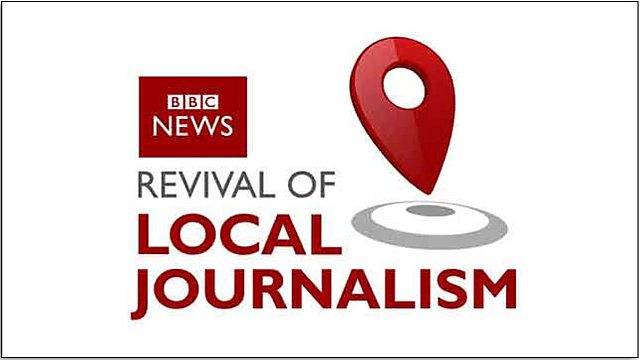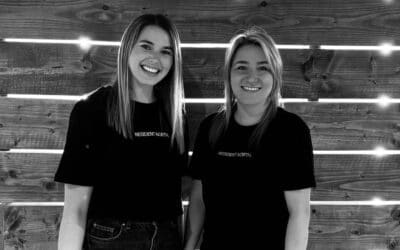The BBC’s director of news, James Harding, today attacked the “pessimism” surrounding local journalism and claimed the differences between the corporation and newspaper publishers had been “overdone”.
Harding, also the former editor of The Times, was speaking at the Revival of Local Journalism conference at MediaCityUK, a conference he had set up with the Society of Editors.
The BBC has been criticised for its role in the decline of local news journalism – with Johnston Press chief executive Ashley Highfield saying earlier this year it was “wishing for its demise” and claiming it should stop viewing local press as “the competition”.
In his opening address at today’s conference, Harding attempted to paint a brighter picture for the relationship, as well as the future of local journalism.
He said: “The reason that I have been so keen to bring us together in one building for a day is that I think our differences are overdone.
“Whether we are in local journalism for profit or to fulfill a public service remit, paid for by advertising or cover price, subscription or the licence fee, our starting point is the same – the belief that nothing is more important in news than informing people of what’s going on where they live and where they work. If all politics is local, then so, by definition, is news.”
While admitting that job cuts and economic pressures on regional media had been “calamitous”, he argued against too much pessimism.
“I… think the pessimism around local journalism is overdone. All around us, we see outstanding reporting, brilliant innovation and smart investments reinventing the business of local journalism.
“The single most striking thing I have learned since joining the BBC is that our biggest audiences for TV news are for the regional bulletins: roughly 5 million people tune in each night for the 6 o’clock news; by 6.30, when we roll out the regional bulletins in England and news for Scotland, Wales and Northern Ireland, that number is closer to 6 million people.”
And he claimed that the disagreements between the BBC and the local publishers amounted to a “circular firing squad”.
He added: “We share a belief in local journalism because we have a similar outlook on news, because we have an indefatigable optimism about making it work and because we know that it’s what viewers, listeners and readers really want, but, also, without being too grand about it or ourselves, because we have a responsibility to the country we live in to ensure that local journalism gets back on its feet.
“For fewer journalists does not mean less news, it means more PR. It means a society in which the decisions of powerful people go unreported and unchallenged, undermining any belief in local democracy and institutions, public services and private businesses. We may compete like cats in a sack for stories, but, in the end, we have a common purpose.
“And, to my mind, the squabbles in recent years between the local press and the BBC are getting us all nowhere. We have looked like a circular firing squad.
“Let me be clear: the BBC is not to blame for the problems in the regional newspaper business. It’s Facebook, Google, Zoopla and Gumtree that have done for the classified and local advertising business in print with all of the consequences for local newspaper revenues and jobs.
“Nor can we expect that the BBC is the remedy: the assault on the business models of the local press is not the BBC’s fault and, I’m afraid, the BBC will not be able to fix the problem.”
Harding added that the BBC had been taking steps to address issues of attribution, a common complaint of local media.
“We are tackling the old bugbear of ensuring the BBC credits other news organisations for their stories. In my meetings with the regional press from Kent to Yorkshire to Gloucestershire, people say that there’s been a marked improvement on that front – and, yes, there’s still a way to go.
“We have launched a pilot in Leeds to see how the BBC online can make more of local newspapers’ stories and digital content of local newspapers to our audiences online. We are collaborating with citizen journalism teams, such as the Real Whitby.”
He also revealed that he has asked David Holdsworth, controller of the BBC’s English regions, to lead a working group to consider ways of papers and the broadcaster working together.










